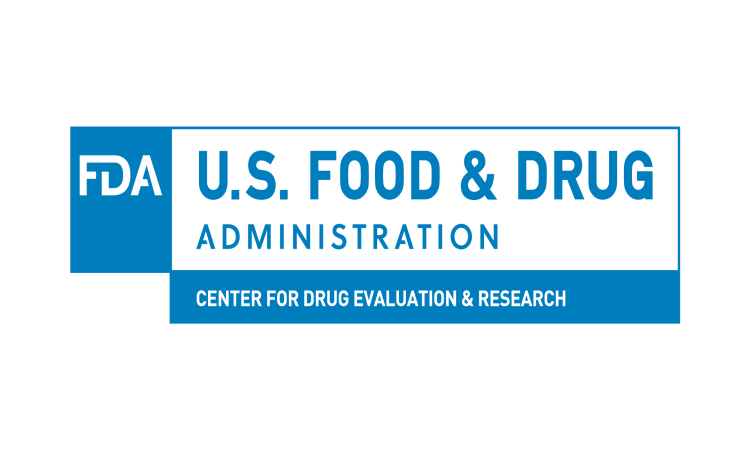July 11, 2022 – Providing a new pathway for drug companies and consumers that would enable additional drugs to become available without a prescription is the goal of a recent proposed rule from the Food and Drug Administration (FDA).
The proposed rule, issued on June 28, would allow the FDA to approve nonprescription drug products contingent on an additional condition for nonprescription use (ACNU), giving manufacturers of nonprescription drugs for which the limitations of labeling present challenges to consumers a mechanism to apply for this conditional use. For consumers, this could mean that more treatment options are available without the need to see a healthcare provider.
“Nonprescription drug products play a vital role in America’s healthcare system, as millions of people use them to self-manage health conditions every day,” said FDA Commissioner Robert M. Califf, M.D., in an FDA statement. “As part of the FDA’s ongoing efforts to improve public health, this proposal can broaden the types of drugs that can be approved as nonprescription – increasing availability of drugs that would otherwise only be available by prescription.”
Currently, nonprescription drug products are limited to drugs that can be labeled with sufficient information for consumers to appropriately self-select and use a drug product on their own, and are readily available at pharmacies, supermarkets and other retailers and online vendors.
Under the proposed rule, when labeling is not sufficient for this purpose, drug makers can submit an application proposing an ACNU that a consumer must successfully fulfill, such as using a mobile app or an automated telephone response system in order to purchase the nonprescription drug product.
The availability of these products through this conditional use – which may treat a chronic condition that does not have a nonprescription drug option – “may provide public health benefits by facilitating consumers’ self-care and autonomy over their medical treatment,” the FDA states in the Federal Register.
“Dr. Califf appears to be looking for more flexible solutions to approving drugs with different specific efficacy and safety characteristics,” according to Coalition for Healthcare Communication Executive Director Jon Bigelow. “This proposal could help, in certain circumstances, to increase access and decrease cost by broadening the range of prescription products that can convert to OTC status.”
The FDA is accepting comments on this proposed rule until Oct. 26.




